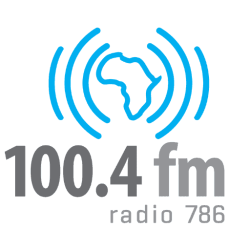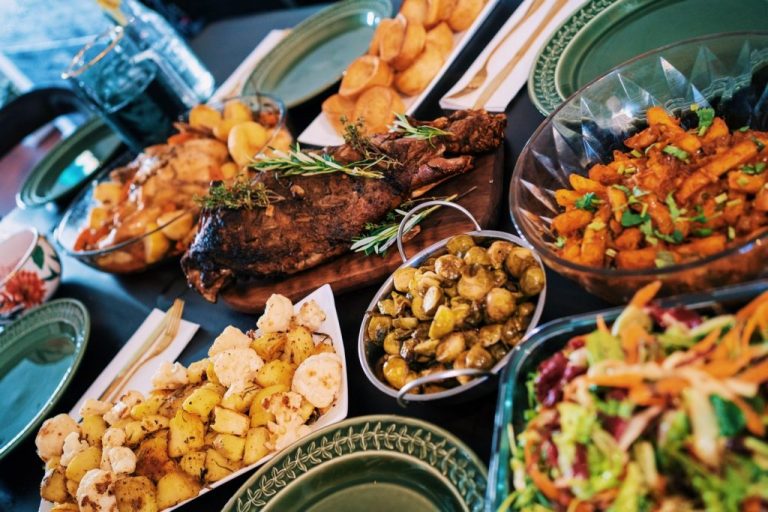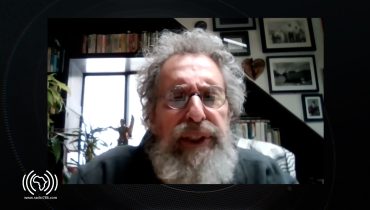Compiled by A’esha Arnold RD (SA) and Moezna Patience RD (SA), MPhil (IMH)
The month of Ramadan is an ideal opportunity for us to focus on bringing back or implementing a balanced lifestyle that includes a healthy diet, regular mental and physical exercises, and making time for spiritual needs. During this Holy month of Ramadan, we can become more in tune with our habits and perhaps even change for the better.
The month of Ramadan brings about changes in the way our body functions and results in many benefits for our health.
Fasting boosts the metabolism, can help with weight loss, stimulates new cell growth, increases mental clarity, gives more energy, improves heart health and reduces risks of chronic diseases.
In addition to this, it can help you with maintaining or creating an ideal eating pattern.
Let’s delve deeper into the benefits of fasting.
Mental Well-being
No doubt you’ll be aware of the positive effects fasting can have on your mental wellbeing and spiritual focus, but the brain-boosting powers of Ramadan are even more significant than you might think.
A study carried out by scientists in the USA found that the mental focus achieved during Ramadan increases the level of brain-derived neurotrophic factor, which causes the body to produce more brain cells, thus improving brain function.
Likewise, a distinct reduction in the amount of the hormone cortisol, produced by the adrenal gland, means that stress levels are greatly reduced both during and after Ramadan.
The Miracles of the Date
Besides the Sunnah recommendation to have three dates at iftar every day, this amazing fruit also comes with the added bonus of multiple health benefits. One of the most important aspects of fasting is getting the right amount of energy, and considering that an average serving of dates contains 31 g of carbohydrates (equivalent to two slices of whole-wheat bread), this is one of the perfect foods to give you a boost.
Dates are also a great way of getting some much-needed fibre for those who are struggling with less frequent bowel movement, as it will aid and improve digestion throughout Ramadan.
The high levels of potassium, magnesium and B vitamins in dates make it the perfect food to boost your energy levels after a day of fasting. Dates can also be eaten at suhoor(early morning meal) time as it is high in fibre, so it will bulk up your meal and keep you fuller for longer during the day.
Natural Detox
Yes, you read that correctly! No need for fancy potions. Your body is perfectly capable of doing this detox on its own and it happens naturally during Ramadan.
By not eating or drinking throughout the day, your body will be offered the rare chance to detoxify your digestive system throughout the month.
Your body will use your fat reserves to create energy, which will burn any harmful toxins that might be present in fat deposits.
This body cleanse will leave a healthy blank slate behind, and is the perfect stepping stone to a consistently healthy lifestyle. Besides, the body begins to adjust to its new eating and drinking pattern as higher levels of endorphins appear in the blood, thus making us more alert and happier, adding a boost to our general well-being.
Healthy Eating and Weight Loss
One of the main problems with extreme fad diets is that any weight loss is often quickly put back on, sometimes even with a little extra added. This isn’t the case during the month of Ramadan though.
The little food you eat throughout the period of fasting causes your stomach to gradually shrink, meaning you’ll need to eat even less food to feel full. If you want to get into the habit of healthy eating then Ramadan is a great time to start.
When the month completes, your appetite will be lower than it was before, you’ll be far less likely to overindulge at meal times and this will help with managing weight or just healthy eating habits.
Ditching or Reducing Bad Habits
Ramadan is the perfect time to ditch your bad habits for good.
Bad habits such as smoking and consuming high-sugar foods should not be indulged in during Ramadan.
As you reduce these habits your body will gradually get used to the absence until your addiction is kicked for good. It’s also much easier to quit habits when you do so in a group, which should be easy to accomplish during Ramadaan as your brother or sister in Islam will be fighting the same battle.
In order to get the best out of this month, remember to:
Choose healthier options during suhoor and iftar. Include fruits, vegetables, baked or grilled meat/chicken/fish options, whole-wheat and high fibre grains and lots of water. Try to stay away from salty, oily, spicy foods as well as foods high in sugar.
Stay hydrated. Remember to hydrate as much as you can during the hours you can eat.
Exercise moderately. Try to incorporate light exercises especially if physical activity is part of your usual daily routine.
Pick up healthy habits (and drop the unhealthy ones). Remember this is an ideal time to make that change you so badly want to make.
Ramadan is the month of reflection so let’s take the time to reflect on the importance of our health and how we can incorporate this discipline throughout the year.
For more information please feel free to contact the authors on [email protected]









